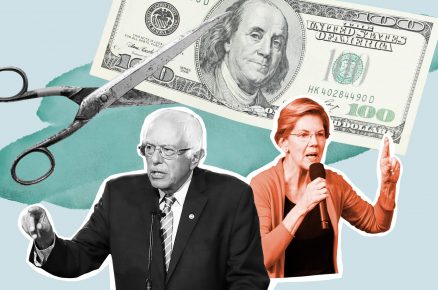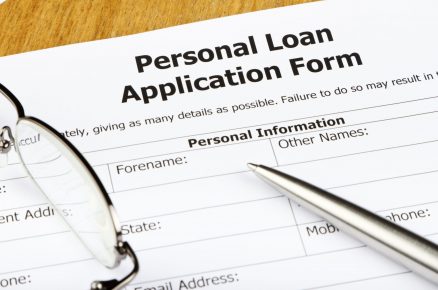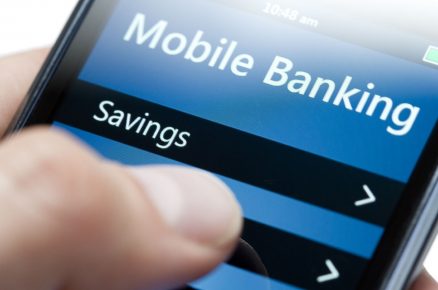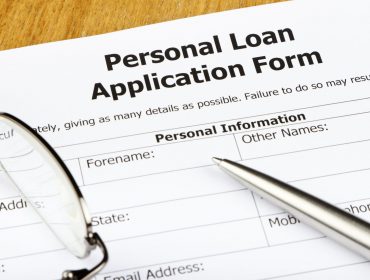IF YOU have MISSED YOUR credit card payment due date by a day or 2, don’t panic. A lapse of simply a couple of days won’t impact your credit report. You may even be able to get your credit card provider to waive your late fee if you’ve been consistently on time with payments.
However, if it’s been 30 and even 60 days given that you made a payment, there’s a factor to be worried about. This delinquency will likely be reported to the credit bureaus, and payment history is a large part of how the bureaus compute credit reports.
Here is a take a look at how you can rebuild your credit if you have missed payments to your charge card and how to limit the damage as much as possible.
What Happens When You Miss a Credit Card Payment?
If you have stopped working to make a charge card minimum payment for more than 1 month, card issuers usually consider that a missed payment. Lenders differ on when they will alert credit bureaus about the missed payment, but it’s a safe bet it will be reported by the 60-day mark.
Once the missed payment is reported to one or more of the 3 credit bureaus, the credit rating business – — FICO and VantageScore –– will consist of that data point in their rating calculations. The result could be remarkable. It’s possible that your credit rating could fall by more than 100 points from a missed payment, states Bruce McClary, senior vice president of communications for the National Structure for Credit Therapy.
“The impact depends upon where you are when you take the hit to your credit score,” McClary states. “If you have a leading credit rating, the fall might be further than if you’re already handling a subprime credit report.”
For example, if you have a score that’s more than 700 points –– which is normally thought about a strong rating –– the drop could be as much as 100 points, he states.
This isn’t the only charge you’ll face because of a missed payment. You’ll likely be charged a late cost, and your rate of interest could increase, which is especially expensive if you have low initial rates of interest.
If you stop working to make a payment after the 90-day mark, “your credit report takes an additional hit,” McClary states. The issuer will include more charges on top of the interest you owe and “now it’s cost-prohibitive for you to capture up.”
Once a missed payment relocations into the fourth month, lenders normally write off the financial obligation and offer it to a debt collection agency to locate, McClary says.
Why Does a Credit Report Matter?
The significance of credit scores is unassailable –– they provide lenders and other services important details to help choose whether to do company with you.
“Ball game is a scale upon which the loan provider measures the risk included in extending you a credit line or authorizing you for a loan,” McClary says.
For example, you could be denied credit –– whether for a home loan or a credit card –– if your credit report is too low for the loan provider to be confident in your ability to repay your financial obligations. In some cases you can get credit even with a low rating, however, your rates of interest may be much greater than someone with a high rating.
That’s why handling a missed out on payment as quickly as possible and taking steps to enhance your credit report is well worth doing and will settle in the long run.
How to Limitation the Financial Damage
The first step you require to take after a missed payment is to stem the monetary bleeding, which might be achieved by either making the payment right now or calling the credit card business and letting it understand your monetary problems.
It remains in the business’s benefit to deal with consumers and assist them to get back on track, says financial advisor and author Tarra Jackson.
Credit card companies comprehend that throughout hard economic times, individuals might be in financial difficulty since of a circumstance that runs out of their hands, Jackson states. For instance, if you worked in the dining establishment or home entertainment industries, you might have lost your job because the pandemic caused a lot of those organizations to lay off employees.
Charge card companies will have programs for hardships like these, however, they won’t necessarily be posted on their websites for everyone to see, which is why it’s a good idea to inquire about them, Jackson says.
Likewise, it is very important to show you have a willingness to pay, even if you don’t have the funds, she says.
“The much deeper you are in a situation, the more difficult it is to ensure allowances,” Jackson says, adding that this is why you ought to reach out to providers right after you lose your job. “The earlier the better to prepare them so they can put some things in place to help you.”
A challenging program could assist you “prevent any effect at all depending on what you can do to permanently or briefly reorganize the account,” McClary says.
If you have avoided –– or quickly will miss –– payments on numerous credit cards, you may find it tough to manage the back-and-forth with the company by yourself. For aid, you could talk to a nonprofit credit therapy agency and potentially get on a financial obligation management strategy.
How to Construct Back Your Credit Report
If your credit history has taken a hit, it might take months –– if not years –– to get it back to where it was, depending upon how high the rating was and the frequency and seriousness of the missed payments.
Payment history represents 35% of a FICO rating, which is why it’s so tough to recover quickly. It may take three to 5 months of strong payment history to get the score to turn around, Jackson states.
“The deeper you’re into it, the longer it takes,” Jackson states.
Missed out on payments will remain on your credit record for 7 years from the date of activity, “however that does not imply the impact on your credit rating is there for the duration of the seven years,” McClary says. “The details of your report will reflect that info for some time, however, there are things you can do to get back on track to the rating you had in the past.”
There are a few actions you can take.
Make all of your payments on time going forward. A consistent payment pattern can just assist your credit history. “If you just focus on that alone, you are focusing on among the single most significant influencers on driving your score one instructions or another,” McClary states.
Limitation spending. All the challenge programs on the planet will not work if you can’t invest within your means. This is particularly challenging if you simply lost your job or have other major concerns, such as medical expenses or automobile repair work expenses. “Prevent entering more financial obligation,” Jackson states. “Practice monetary abstinence, and stop looking for credit for a while till you can control it and handle the payments.”
Pay down your financial obligation quantities. Another significant aspect in your credit history is usage –– the difference between the quantity of debt you have on your card and your credit line. This can be a particularly tough problem if your credit limitation is cut because of a missed out on a payment, which might make your utilization rate climb much higher. This technique will require time to have a result and might be hard if you’re dealing with financial issues.
Get a guaranteed credit card or a credit-builder loan. These techniques are particularly valuable if you have a limited credit history or significantly damaged credit and need to build trust among lenders that you can make payments on time. If your monetary difficulties were so severe that you lost the usage of all charge cards, getting a secured one and using it responsibly can assist you to return the capability to have a routine charge card. A credit-builder loan is another way to signal to lending institutions and credit bureaus that you can handle regular payments.
End up being an authorized user. If you get included as a licensed user on a credit card account that comes from a relative or buddy who has a strong payment history, it might “include some positive information to your credit report,” Jackson states.
Examine your credit report. You can secure free credit reports every week through April 2021, and it’s a good idea to review reports from all 3 credit bureaus to make sure all information is correct. “It might not just be that credit card that is triggering the problem,” Jackson states. You need to dispute incorrect details and have them changed or removed.









